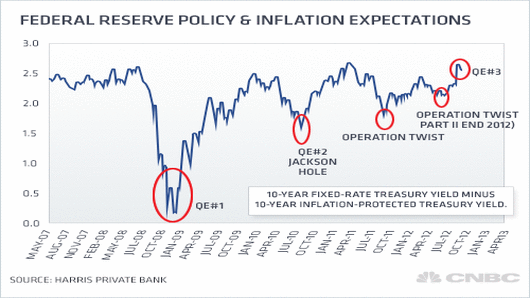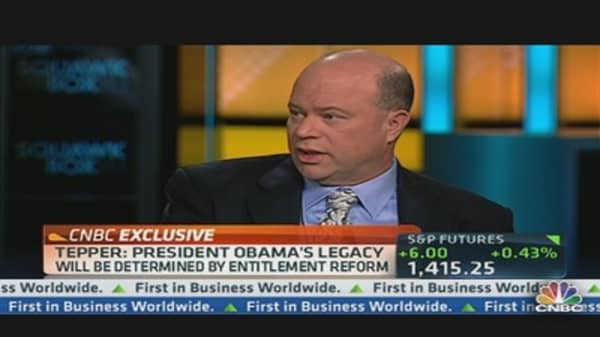Battling over inflation rates
--In these times of austerity, no stone of fiscal policy is left unturned; lately,it's once-wonky price indexes which have found themselves at the center of heated policy debates on both sides of the Atlantic.
--The U.S., during fiscal-cliff negotiations, floated a shift to using the chained consumer-price index for Social Security payments in place of the headline index in order to save taxpayers money over time; this was met with stiff resistance by those wary of the cut it could imply for lower-income older Americans who rely on Social Security, but is likely to resurface in future rounds of talks.
--The U.K., meanwhile, was today expected to tweak its retail-price index methodology to remove an "upward bias" in this RPI rate which is the benchmark for the inflation-linked government bond market, in order to save money. Surprisingly,however, the Office of National Statistics decided to leave the calculation unchanged, bringing "significant benefits to the holders of these[inflation-linked] assets," notes Goldman Sachs. The principal loser, the firm adds, is "the UK Treasury, which will miss out on an estimated 2-3 billion in savings had the change been made."





